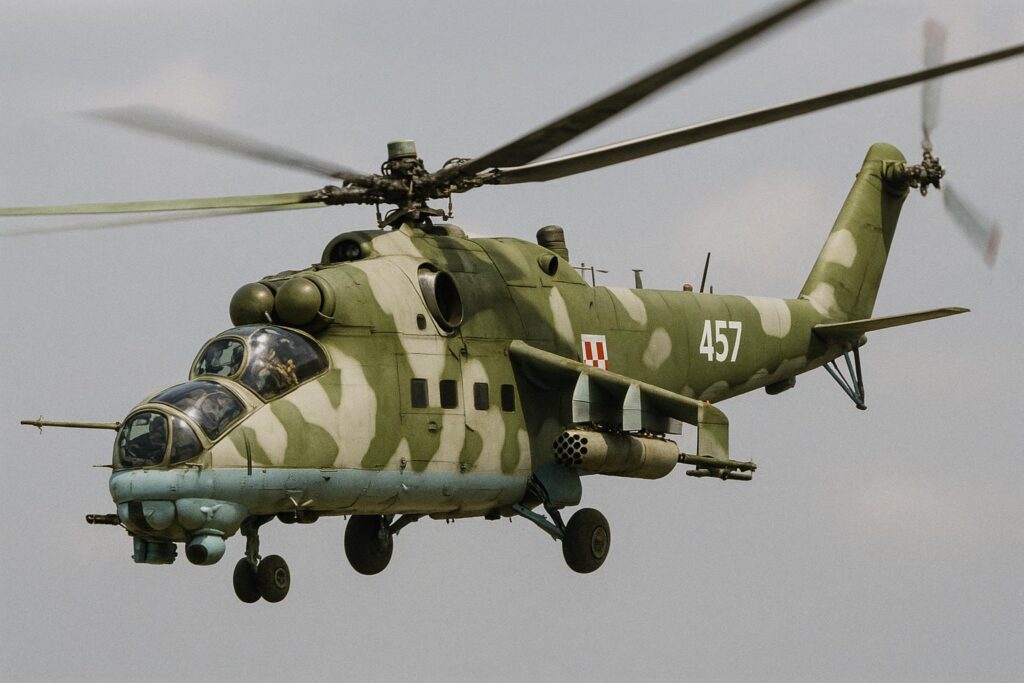Security Spike Triggers Staff Reduction
A sudden spike in armed clashes across northern Jonglei has pushed Médecins Sans Frontières to temporarily downsize teams in Lankien and Pieri.
The humanitarian group says the move is purely precautionary, designed to shield staff while preserving the emergency services on which thousands of rural families depend.
Essential Clinics Remain Open
Despite the lean staffing, MSF’s outpatient and inpatient wards have stayed functional, offering emergency care, obstetrics, malaria treatment and nutritional support.
Field coordinator Amadou Diallo notes, “Closing was never on the table; the community needs us now more than ever.”
Heightened Insecurity in Uror County
Tension escalated after rival SPLA-IO contingents clashed near Motot, followed by an SSPDF aerial response meant to quell hostilities.
Aid convoys now navigate ambush-prone roads, and sporadic gunfire around villages has interrupted the flow of drugs, fuel and food toward the two MSF bases.
Humanitarian Logistics Under Pressure
Relief agencies report rising incidents against trucks and river barges, increasing delivery costs and eroding already stretched funding envelopes.
Analysts warn that any sustained supply gap could reverse fragile gains against child malnutrition and seasonal malaria in the greater Jonglei corridor.
Appeals for Neutrality and Access
MSF has urged all combatants to spare civilians, health workers and facilities, echoing international humanitarian law.
Community elders in Pieri have broadcast radio messages asking youths to let ambulances pass, a move observers see as vital to keeping clinics accessible.
Long Road Ahead for Health Services
MSF, active in South Sudan since 1983, reiterates its commitment to restore full capacity once security stabilises.
Yet with funding streams tightening worldwide, the group and its partners face the delicate task of balancing duty of care with risk mitigation.


